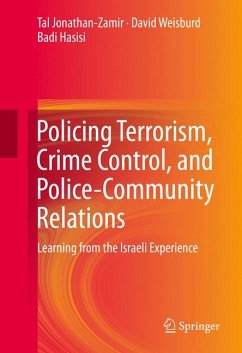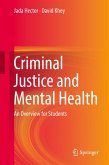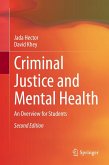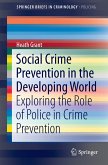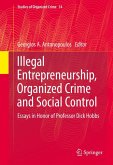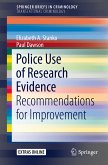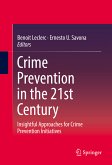Through a four-year, multi-method study , the authors of this work have examined the effects of this shifting role on a number of key areas of policing, including police effectiveness at fighting crime and police legitimacy, drawing conclusions applicable to any democratic police force. The results of the study provide a number of concrete recommendations for maintaining effectiveness and community relationships of the police, with increasing responsibilities, challenges, and limited resources.
This work will be of interest for researchers in criminology and criminal justice, particularly with a focus on police studies and counter-terrorism; police administrators; and researchers in related disciplines, such as sociology and public administration.
Dieser Download kann aus rechtlichen Gründen nur mit Rechnungsadresse in A, B, BG, CY, CZ, D, DK, EW, E, FIN, F, GR, HR, H, IRL, I, LT, L, LR, M, NL, PL, P, R, S, SLO, SK ausgeliefert werden.

